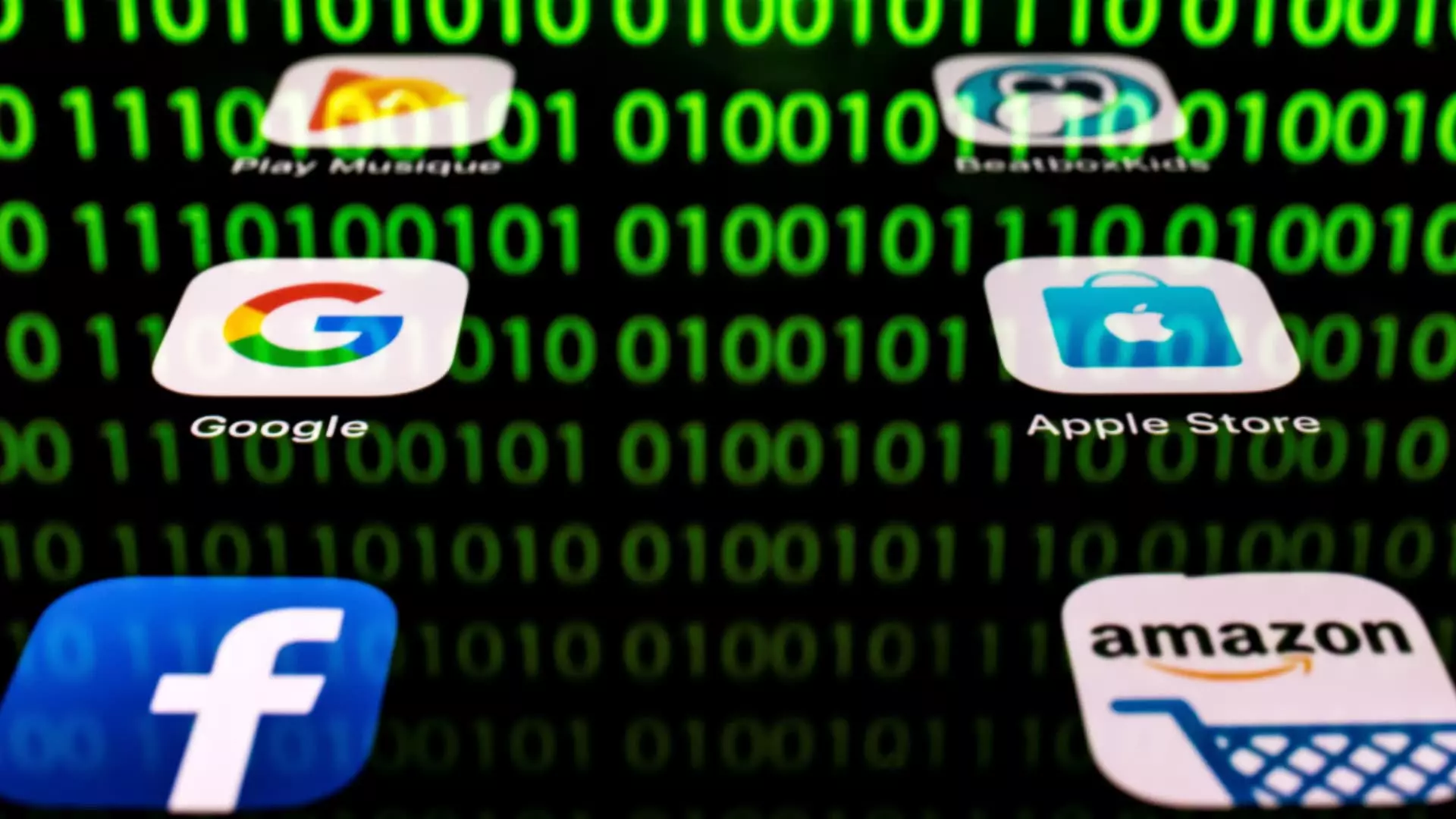The recent news of Apple being in talks with Alphabet-owned Google to potentially license Gemini, a suite of AI tools, for future iPhones has stirred much excitement in the tech industry. If this collaboration comes to fruition, it could have significant implications for both companies and the smartphone market as a whole.
On one hand, leveraging Google’s advanced AI technology through Gemini could give Apple a competitive edge in terms of enhancing user experience and developing innovative features for its flagship product, the iPhone. The integration of cutting-edge AI tools could unlock new possibilities for personalization, automation, and intelligence in Apple’s ecosystem.
However, there are also potential drawbacks to consider. By relying on Google for AI technology, Apple may face challenges in terms of maintaining its brand identity and ensuring data privacy and security for its users. Given the concerns surrounding tech giants’ handling of user data, this collaboration could raise questions about the extent of data sharing between Apple and Google.
The market response to the news has been positive, with Alphabet shares seeing a notable increase in premarket trade. This indicates investor confidence in the potential synergies between Apple and Google in the AI space. However, it is important to note that these are early discussions, and the outcome of the negotiations remains uncertain.
Looking ahead, if Apple does proceed to integrate Gemini into future iPhones, it could signal a new phase of collaboration between two tech behemoths. The development of advanced AI capabilities within the iPhone ecosystem could pave the way for more seamless user interactions, personalized experiences, and enhanced productivity features.
While the potential collaboration between Apple and Google for AI development holds promise for driving innovation and competitiveness in the smartphone market, it also raises important considerations around privacy, security, and market dynamics. As the tech industry continues to evolve, the outcome of these discussions could shape the future landscape of AI integration in consumer devices.


Leave a Reply